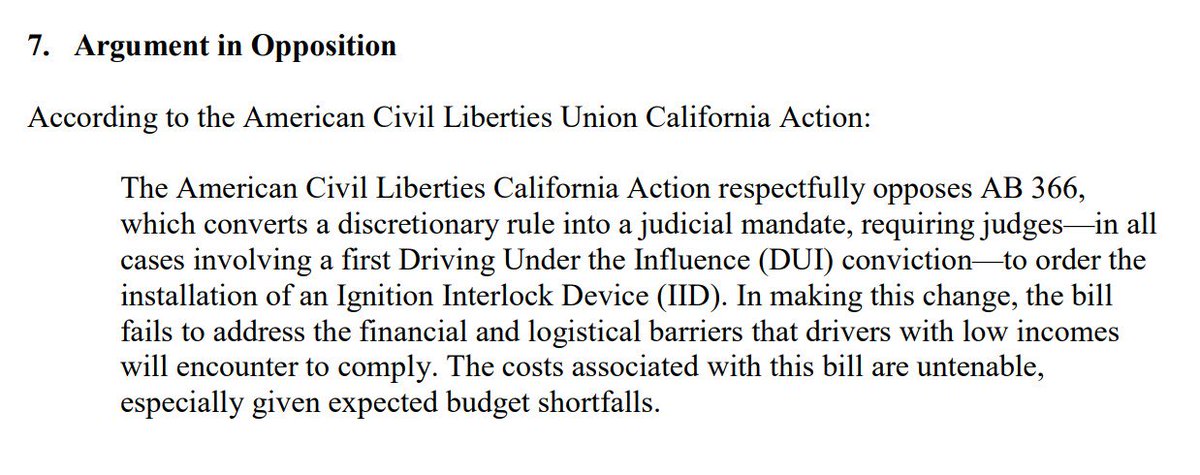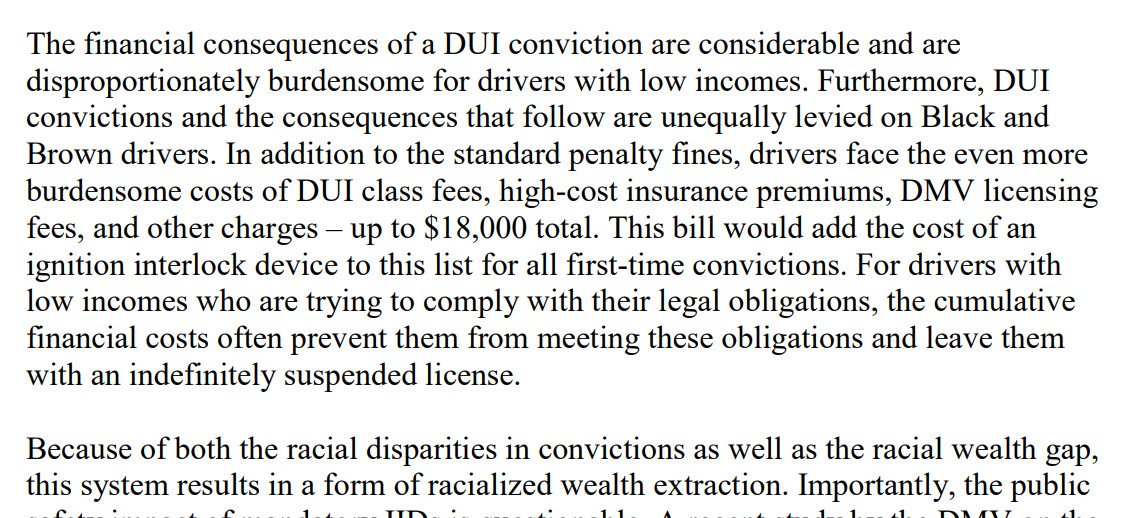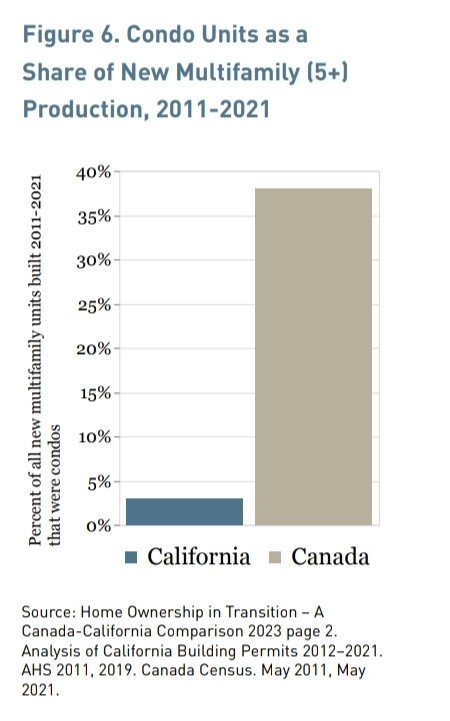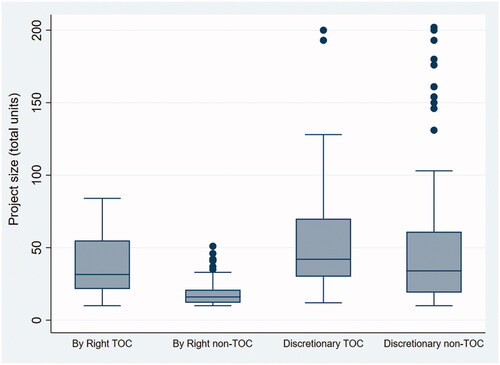I don't know who told the two officers to drive directly into the crowd but they almost lit a powder keg...
...a potentially very crazy situation, averted only by organizers stepping in.
• • •
Missing some Tweet in this thread? You can try to
force a refresh


















